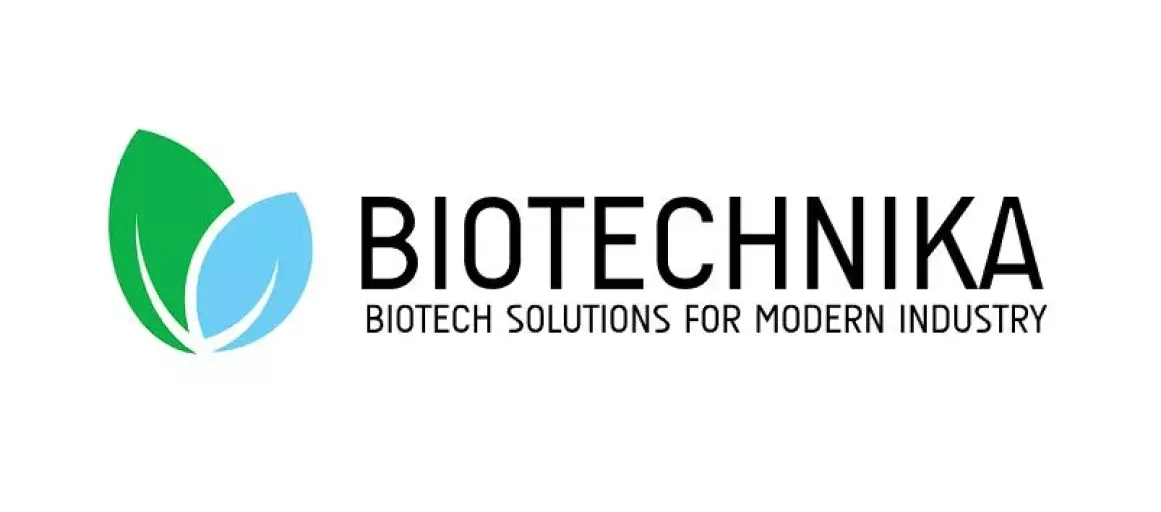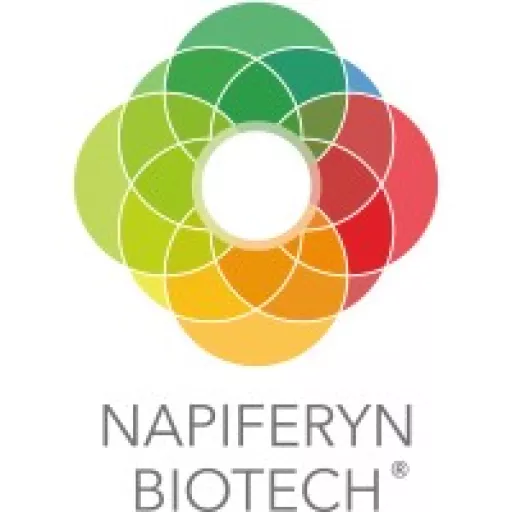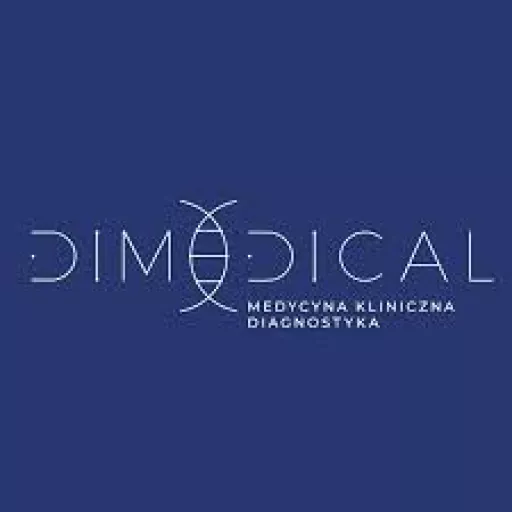My cooperation with Polmos began during my second degree. I carried out my master's thesis simultaneously as a student in the Zespół Technologii Spirytusu i Drożdży and as an employee at Polmos Zyrardow. Working at this company gives me a lot of experience, both professionally and in life.

Biotechnology
Professional title
Cycle of study
Mode of study
Number of semesters
Language of instruction
Admission
Dyplom zawodowy
W rekrutacji na ten kierunek nie jest brany pod uwagę dyplom technika
About the field of study
Second-cycle studies in Biotechnology provide the opportunity to theoretically and practically prepare the graduate for work in various industries, especially food production, chemical, pharmaceutical and environmental industries. Students gain skills in designing and conducting biotechnological processes, working at the interface of technology and the latest methods of experimental biology at the analytical and R&D levels, collaborating with specialists in related fields. The study program extends the knowledge of modern apparatus and technological solutions necessary for the implementation of complex tasks, includes content covering management, including quality management. It allows you to learn the concepts and principles related to industrial property protection, copyright law and management of intellectual property resources. It prepares you for creative and teamwork.
The exact list of courses taught in each semester can be found on the website.
Specializations:
- molecular and industrial biotechnology,
- applied microbiology and fermentation technologies.
Graduate opinions
Competencies you will gain
About you
Acidification of fruits and vegetables using lactic fermentation is one of the oldest examples of biotechnological processes. At a time when raw milk and fresh vegetables could not be stored for too long due to the lack of refrigerators and freezers, products were made in which lactic acid acted as a preservative. Today, technological developments have made it possible to store food easily, but biological processes still play an important role in food handling and storage. Similar needs have been created by many other modern industries, and the ideal answer to their demands turned out to be a combination of science and nature. Our field of study has been designed along these lines.
During your studies, you will prepare to design biotechnological processes and conduct them to obtain products with desirable characteristics for the food, chemical, pharmaceutical, environmental and other industries. You will gain knowledge of the ecological, socio-legal and economic aspects of biotechnology, as well as the skills to plan and conduct research independently and use the results. All this translates into the ability to work in research laboratories, diagnostic laboratories and in the scientific and research facilities of the biotechnology and related industries. Studying will provide you with the competence to take on leadership roles and solve technical problems. You will gain a well-rounded education, starting with skills in the safety of working with genetically modified microorganisms, implementation of innovation management systems in biotechnology, and expertise in marketing and production management.
Internship
Job perspectives
- genetic, biosynthesis, biotransformation laboratories,
- scientific units of universities or establishments of the Polish Academy of Sciences,
- biotechnology, food, chemical, feed and pharmaceutical industries,
- companies that produce functional foods and dietary supplements,
- environmental monitoring and protection institutions
- diagnostic and microbiological laboratories
- quality control laboratories,
- scientific and research institutions,
- biotechnology process design units,
- vocational education,
- own biotechnology company.










